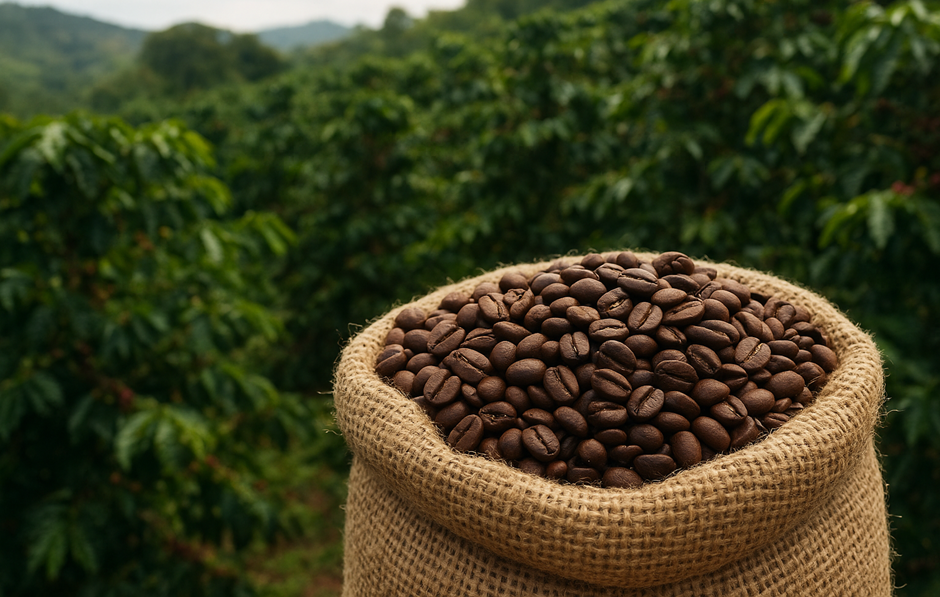At Carolina’s Colombia, we believe coffee is more than a commodity. The journey from Colombian farm to your cup can be transformative when handled with care and intention. Direct trade, sometimes called third wave coffee sourcing, brings clarity, traceability, and connection, elevating the experience for drinkers, cafes, roasters, and farmers alike.
Direct trade empowers coffee lovers to know where their beans come from and ensures producers receive meaningful recognition and compensation. It creates a dialogue between farm and cup that goes far beyond standard market transactions, resulting in a coffee experience that is more ethical, flavorful, and personal.
- Connecting Coffee Drinkers to Colombian Farms
For coffee drinkers, direct trade offers an experience reminiscent of a farmers’ market, even if the farm is thousands of miles away. Every bag carries a story: the altitude, the varietal, the hands that tended it. At Carolina’s Colombia, we maintain personal relationships with farms in Santander, Huila, and other regions, allowing us to communicate the nuances of each harvest to our customers.
This connection elevates coffee from a daily beverage to a ritual of respect. It reminds drinkers that their choices influence farmers, pickers, and entire communities that rely on coffee for their livelihoods.
- Direct Trade vs Fair Trade: Clarifying the Difference
While Fair Trade plays an important role in setting minimum pricing standards, it is not always sufficient in countries like Colombia, where farm owners often do not need assistance as much as the seasonal workers who pick the coffee. Direct trade enables us to support the entire production team—including the pickers and field workers whose labor directly shapes the cup’s quality.
I, Ralf Pohlak, believe that much of the goodwill from consumers paying premiums or institutions awarding large supply contracts never reaches the least privileged farm workers. Instead, a significant share is absorbed by certification processes and institutional mark-ups in developed countries. Our model is designed to keep that value as close to the farm as possible.
Myth vs Reality: Fair Trade in Practice
| Myth | Reality |
| Fair Trade guarantees that farmers receive most of the premium price. | A significant portion of the premium can stay in developed countries, tied up in certification costs and markups, leaving less impact for farm workers. |
| Fair Trade helps the poorest participants in the coffee supply chain. | In Colombia, farm owners are not always the ones most in need. Migrant pickers and laborers often benefit the least, despite doing much of the work. |
| Fair Trade ensures top-quality coffee. | Coffee is often pooled or blended to meet minimum quality thresholds, which can compromise unique flavors and terroir expression. |
“Much of the goodwill and premium pricing intended to support coffee farmers stays in developed countries. Direct trade ensures that value flows directly to the people who grow, pick, and process our coffee.”
— Ralf Pohlak, Founder, Carolina’s Colombia
- Traceability, Transparency, and the Problem of Blending
Traceability is at the core of Carolina’s Colombia. In conventional systems, coffee often changes hands multiple times before reaching the roaster. At each step, intermediaries can blend in cheaper or lower-quality beans to just meet minimum quality standards. This practice, while common, dilutes both flavor and integrity.
Direct trade bypasses these intermediaries and opaque blending practices, preserving the authenticity of each lot. This means every bag we offer represents the farm’s true work, not a compromise to meet commodity targets.
- Impact on Cafes and Roasters
For cafes and roasters, direct trade provides more than premium beans. It allows them to offer a differentiated product, share compelling origin stories, and experiment with micro-lots that highlight unique processing methods and varietals.
By sharing direct feedback with farmers, roasters can influence future crops, enhance flavor consistency, and build loyal customers who appreciate knowing where their coffee comes from. Carolina’s Colombia acts as a bridge, ensuring this dialogue remains mutually beneficial and deeply rooted in respect for quality.
- Empowering Coffee Growers and Workers
Direct trade creates a partnership that values everyone involved. Our approach rewards quality and innovation at the farm level and acknowledges the crucial role of pickers and workers who ensure a successful harvest. By offering compensation linked to excellence, we help producers attract and retain skilled labor, a key factor in producing exceptional coffee.
This holistic approach supports not only the farm but also the broader community that depends on coffee as a livelihood. It is a model that sustains excellence while strengthening the social fabric of Colombia’s coffee-growing regions.
- Closing Reflection: Why It Matters
Direct trade is more than a sourcing method. It is a philosophy of fairness, quality, and connection. It challenges the notion that premium pricing alone is enough, insisting instead that value must flow directly to the people whose skill and labor make extraordinary coffee possible.
At Carolina’s Colombia, we ensure every cup carries traceable quality, a fair reward for the people who produced it, and a story that honors the land and the culture that made it possible.
FAQs
Q1: What is direct trade coffee?
A: Direct trade involves sourcing coffee directly from farms, bypassing intermediaries and opaque blending practices that often dilute quality. This ensures traceability, fair compensation, and the integrity of the coffee’s unique profile.
Q2: How does direct trade differ from Fair Trade?
A: Fair Trade sets certification standards and minimum prices, but direct trade builds personal relationships, rewards quality, and supports not just farm owners but also the workers and pickers whose efforts are essential to the crop’s success.
Q3: Can coffee drinkers notice a difference in taste?
A: Yes. Direct trade beans typically have cleaner, more distinctive flavors because they are unblended and carefully processed. Drinkers often describe the experience as brighter, more complex, and more consistent.
Q4: How does direct trade benefit Colombian farmers and workers?
A: Farmers receive fair, quality-based payments, and workers benefit from better wages and conditions, helping farms attract and retain skilled labor for future harvests.
Q5: Is traceability guaranteed with direct trade coffee?
A: Absolutely. Carolina’s Colombia can provide full transparency on farm, varietal, altitude, and processing method for every lot we offer.
Q6: How can cafes and roasters leverage direct trade?
A: They can share the farm’s story with customers, offer micro-lot exclusives, and create a differentiated menu that appeals to discerning coffee lovers seeking authenticity.

